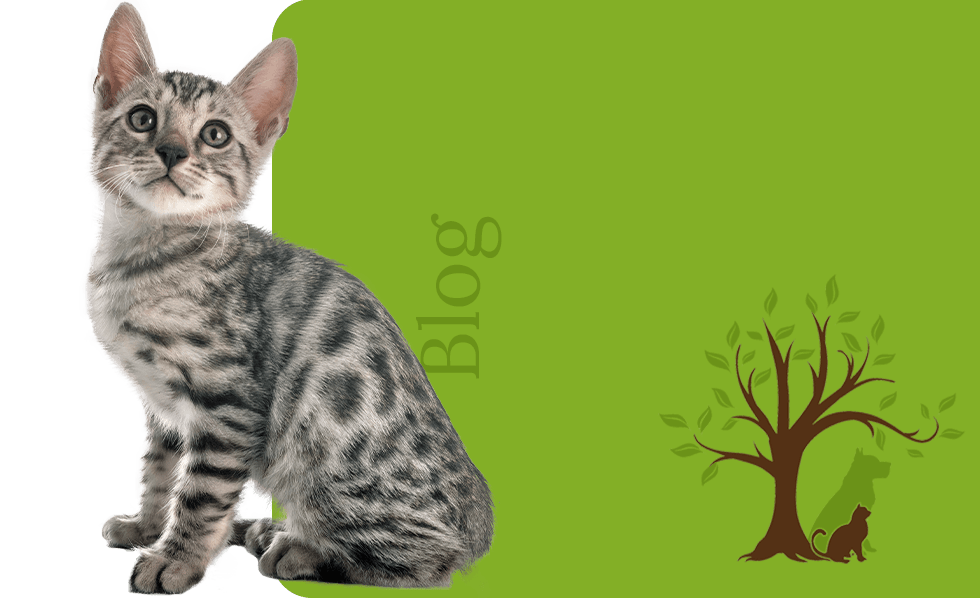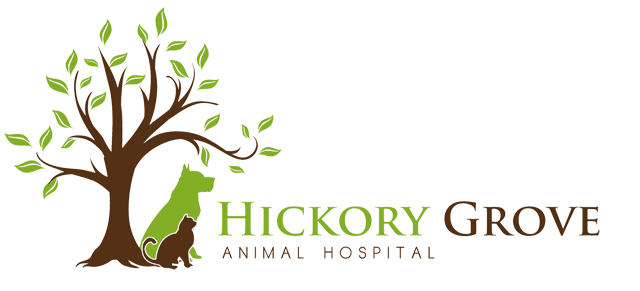Blog


The World Wide Web is an incredible spot to educate yourself about your feline friend or canine companion's unique needs. Naturally, having a wealth of info at your fingertips in your pocket makes it much simpler to comprehend your dog or cat. Despite this, though, many pet owners are unaware that several common products pose a threat to their pets. You know to store chocolate, pesticides, and medications out of reach, but some seemingly innocent items may very well be just as hazardous. Since this month is National Pet Poison Prevention Month, now is an excellent opportunity to expand your knowledge. Keep reading to discover some items you might not recognize could hurt your four-legged best friend.
You may not think you have xylitol in your home, but you most likely do. This artificial sweetener is found in many sugar-free products, especially chewing gum and candy. Unfortunately, it’s not so sweet for cats and dogs. If eaten, Xylitol can cause your pet's blood sugar levels to drop. It has also been linked to major liver damage. With manufacturers using this ingredient more frequently, it's turning up in new foods and snacks constantly. Xylitol is even found in some brands of peanut butter. Be sure to read labels before giving your feline friend or canine companion people food!
Raisins and grapes are tasty and nutritious treats for you and your children, but they are dangerous to your pet. Research hasn’t revealed exactly why these fruits are so poisonous to pets, but munching on just a few raisins or grapes can cause severe kidney damage.
Plants and pets aren't a good pairing. Various common houseplants are toxic to pets and may cause problems ranging from mild nausea to severe organ damage and even death. Snake plants, aloe, dracaena, and philodendrons are just a few examples of plants that are toxic to dogs and cats.
Seek immediate veterinary support if you think your cat or dog might have swallowed or been exposed to a toxin or poison. An evaluation is essential even if your pet is not showing symptoms. For additional information, we encourage you to call the Pet Poison Helpline.
If your dog or cat needs a skilled veterinarian in Charlotte, contact Hickory Grove Animal Hospital. We provide both preventative care and treatment for illnesses and will provide your pet with the care they need. Contact us today to learn more or set up an appointment.

By accepting you will be accessing a service provided by a third-party external to https://hickorygroveanimalhospital.com/









